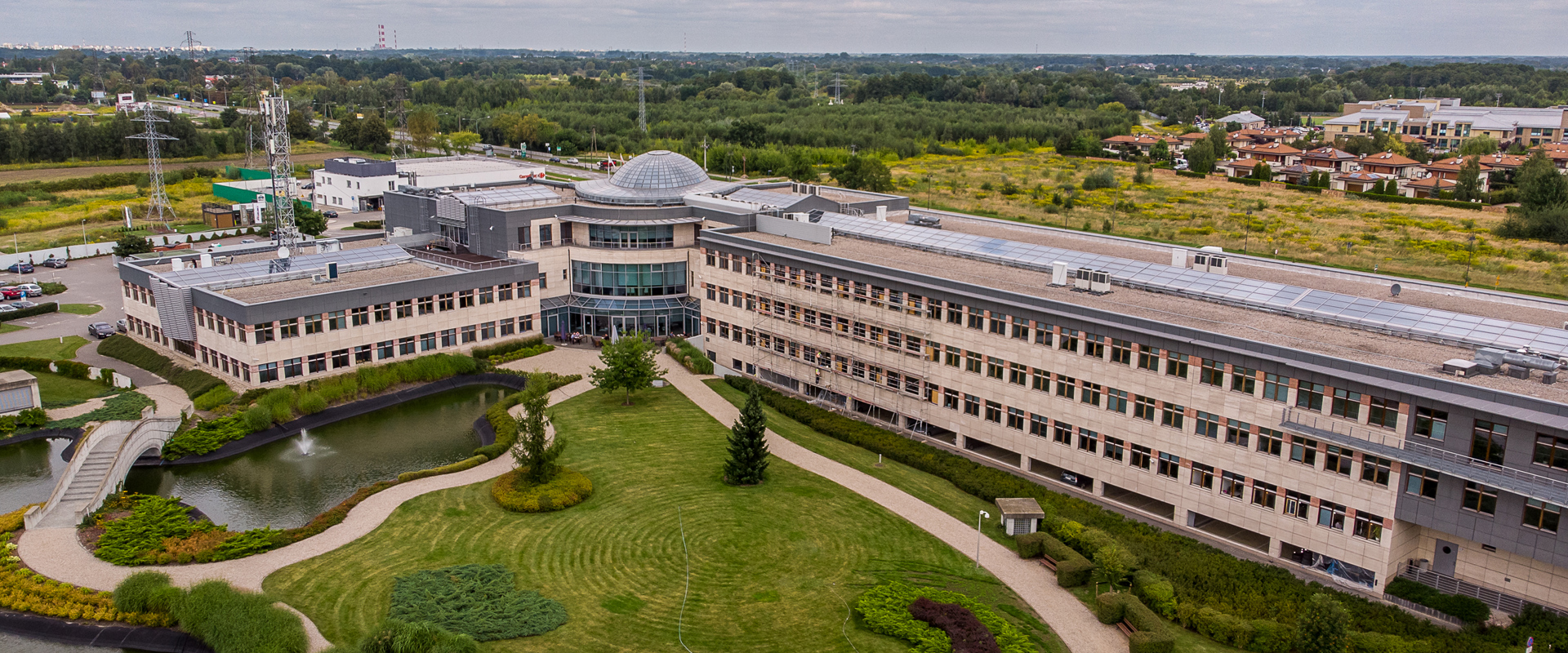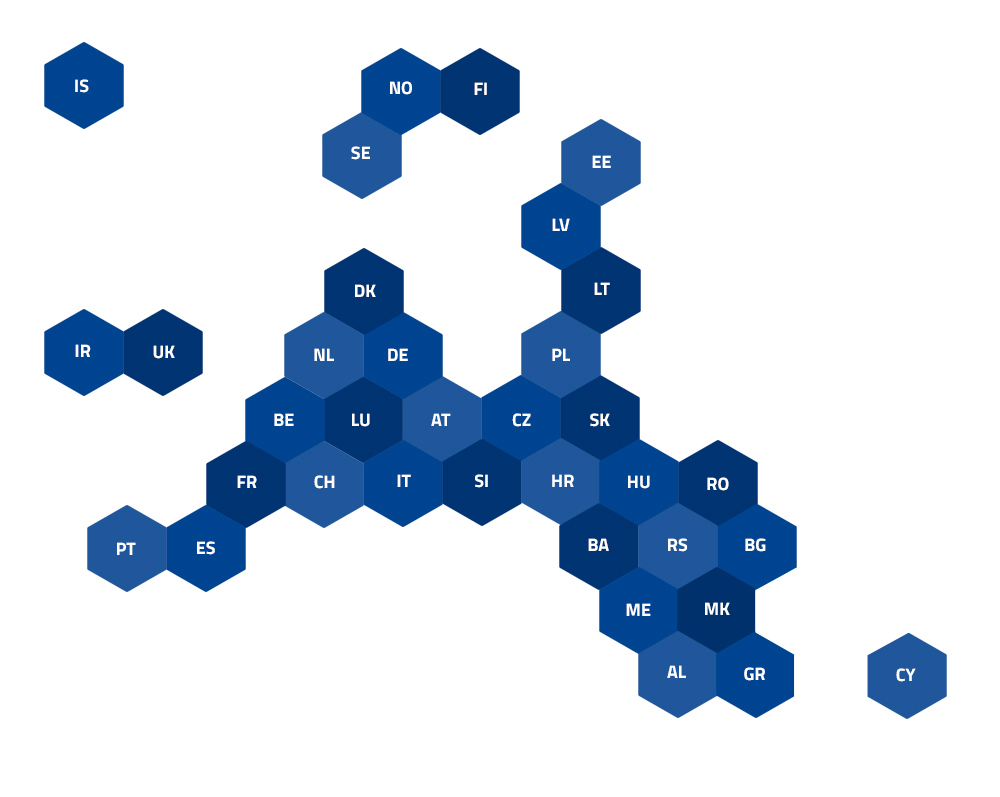The mission of ENTSO-E is to promote reliable operation, optimum management and sustainable development of the pan-European electricity transmission system to ensure security of supplies, and to meet the needs of the internal electricity market.
In-house indicator
Almost 100 representatives of PSE are involved in the work of ENTSO-E, and actively participate in all important tasks at various levels of the organization.
Our employees are involved, among others, in the process of preparation and implementation of European network codes functioning as regulations and guidelines of the European Commission. Network codes and guidelines are regulatory tools for the implementation of a single
EU
electricity market – they contain common rules for the operation and management of power systems, and are designed to eliminate technical barriers to further market integration.
Network codes are legislative acts. As EU regulations, they are effective as part of the legal order immediately upon their entry into force. This involves a number of responsibilities. First and foremost, the member states need to align existing regulations with the standards derived from the network codes. Our company actively participates in this work. Moreover, the TSO is obligated to adapt any regulations enabling the fulfillment of the TSO's tasks (e.g. Transmission Network Code) to the provisions of the network codes.
The network codes leave the possibility for member states to regulate certain areas covered by the scope of the codes as part of the national power systems, synchronous areas or transmission capacity designation regions in order to take into account the specificities of the national power system or a transmission capacity designation area or region. For this reason, international cooperation between operators from a given area or region is necessary to develop the so-called TCMs (Terms, Conditions and Methodologies). These are documents prepared by the TSOs from the transmission capacity designation areas or regions. Our company actively participates in this work. The documents prepared are approved by the regulators from the respective transmission capacity designation areas or regions. In Poland, the regulator is the President of the Energy Regulatory Office. The documents are also approved by the Agency for Cooperation of Energy Regulators (ACER).



